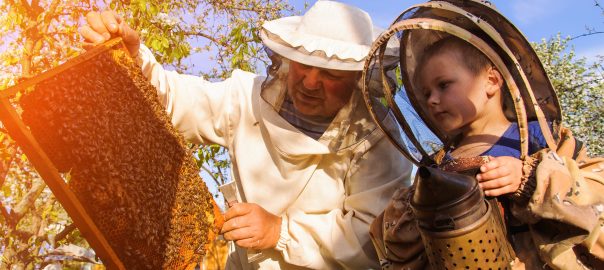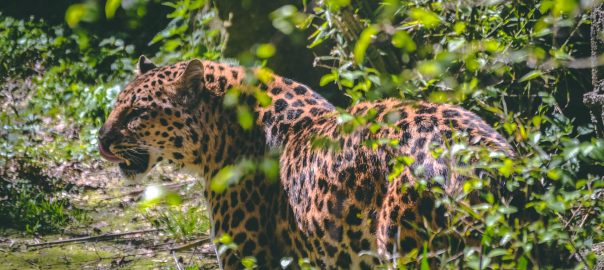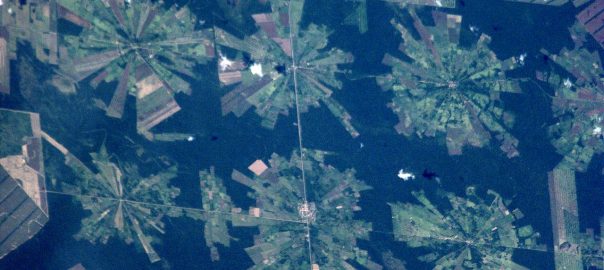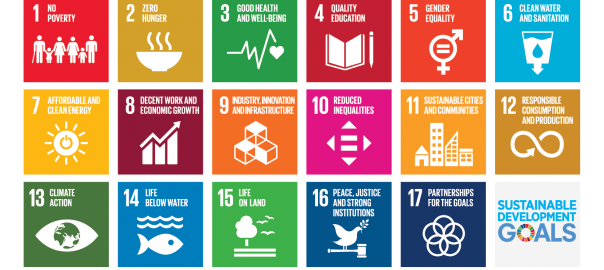Professor Giles Budge & Brett Cherry
There are between 25,000 to 30,000 bee species living today that affect 35% of global agricultural land. Therefore, we need an international understanding of honeybee health, both in terms of the pathogens and environmental factors that affect them, and what beekeepers can do to improve the health and ecological status of bees.
Bees are threatened by a range of factors: from diseases to pesticides. Being an especially sensitive species of insect, it is no surprise that climate change also affects bees. The primary culprits threatening bee survival include habitat loss, pollution, pesticides and pathogens.
Previous research found that local species are more likely to survive than non-local ones in Europe. In South Africa, the location of the colony strongly influenced the prevalence of autumn mites and viruses.
Research on beekeeper education and disease control published in Plos One, identified key risk factors that lead to the death of honeybee colonies. It was the first surveillance programme done on randomly selected participants and used standardised methods to monitor the health of the honeybee colony, pests, diseases and management practices across 17 European countries from 2012-14.
While there is variation in colony losses across EU member states, and between years of the study, the role of beekeepers in protecting honeybee colonies appears indispensable. Continue reading Good beekeeping practices keep honeybees healthy



